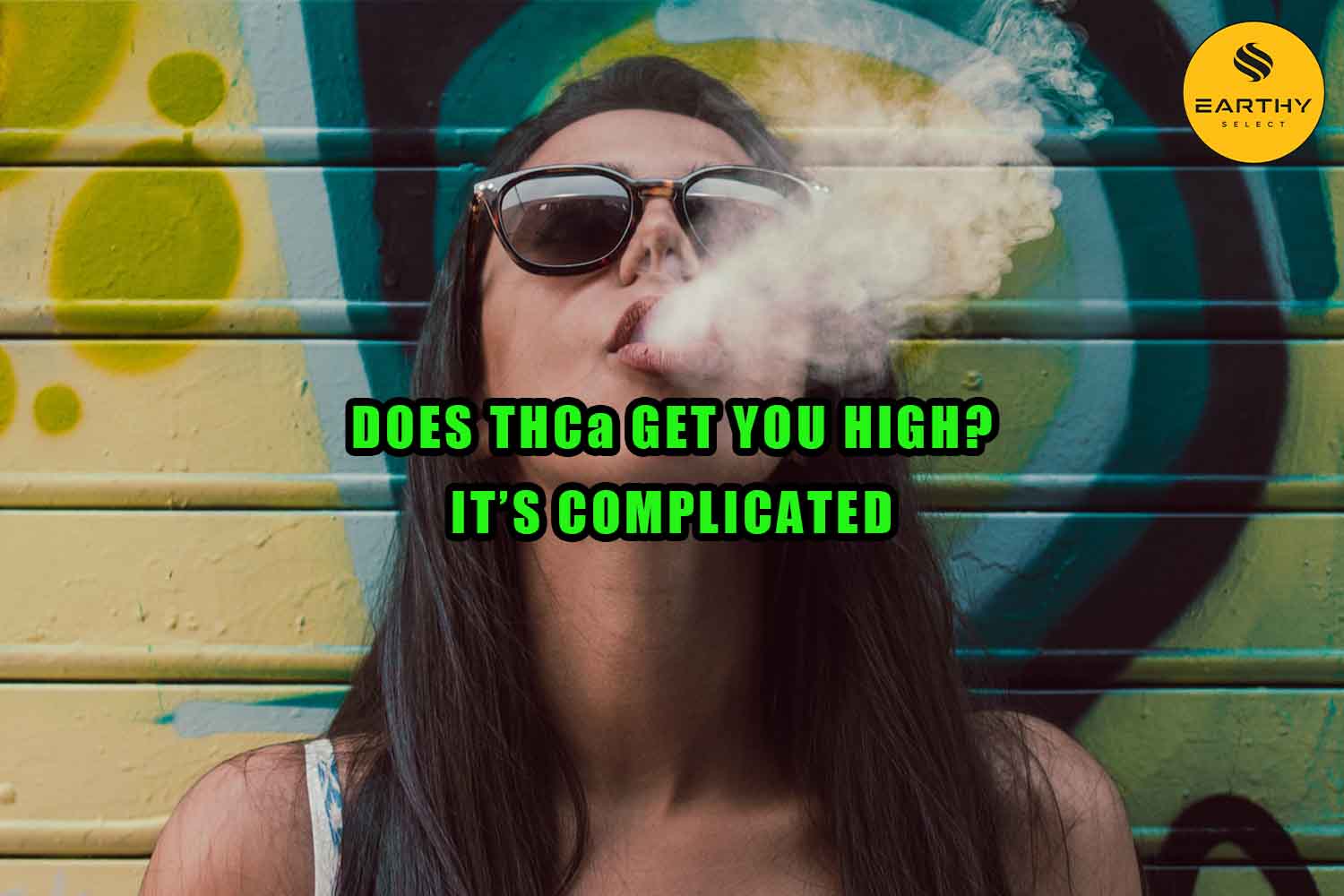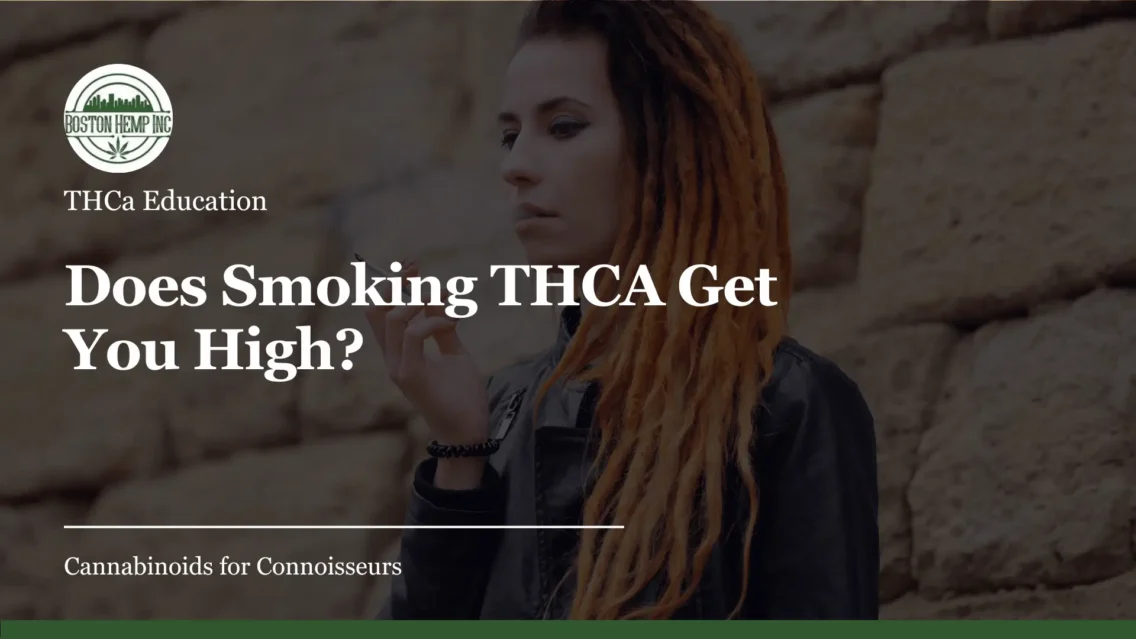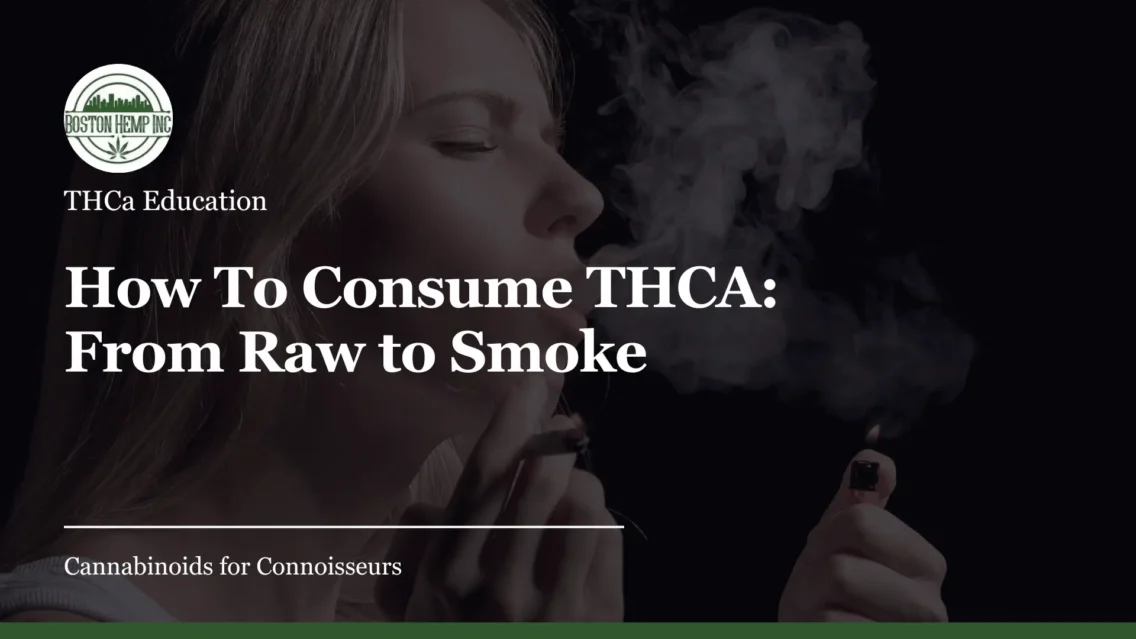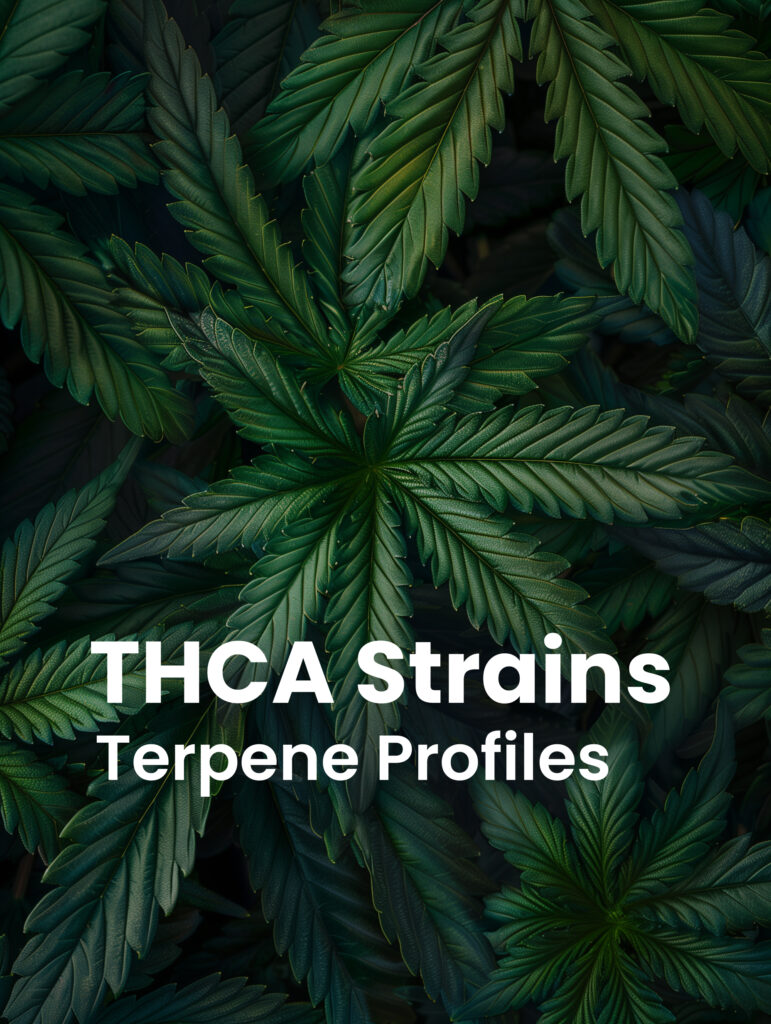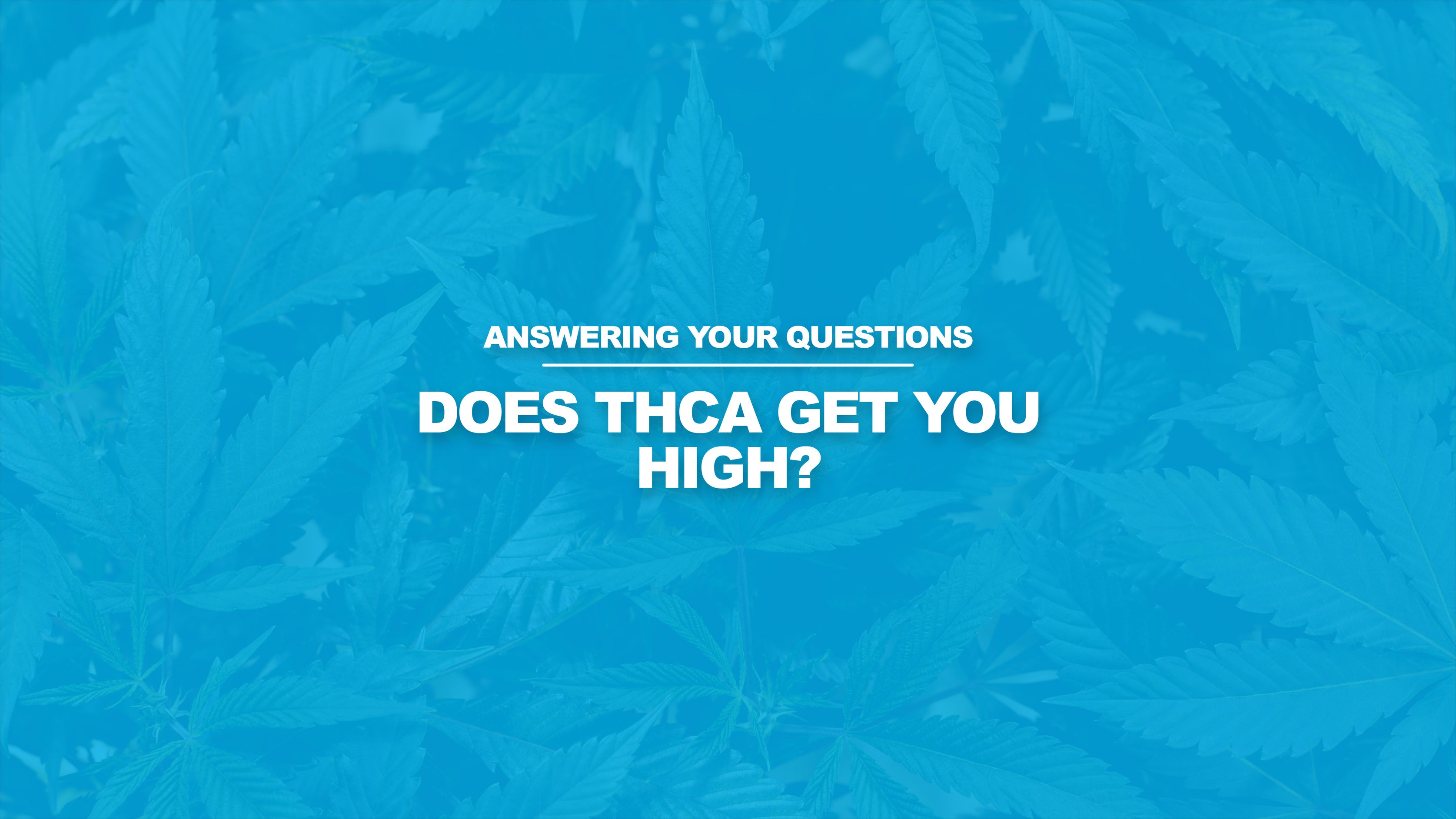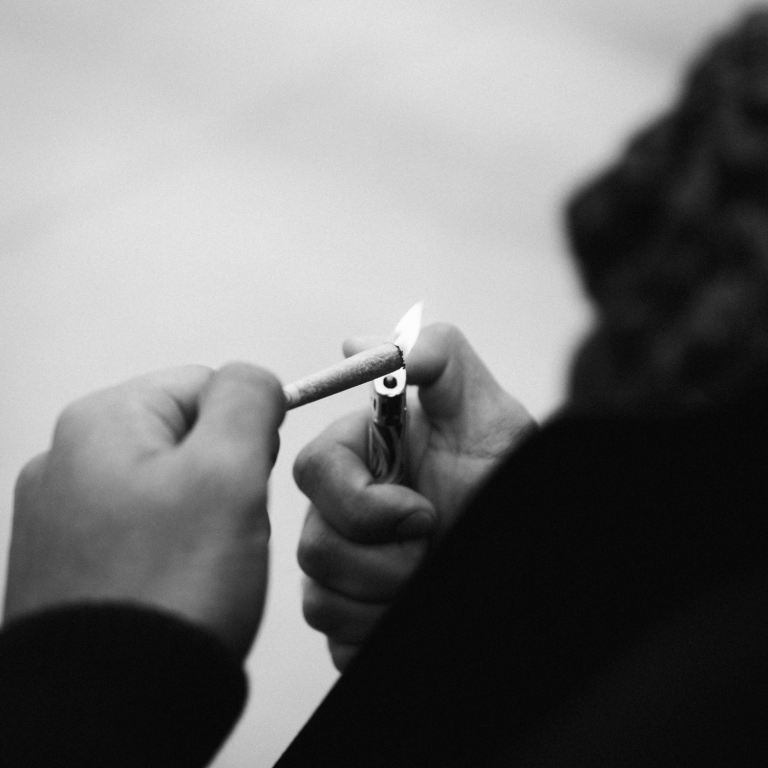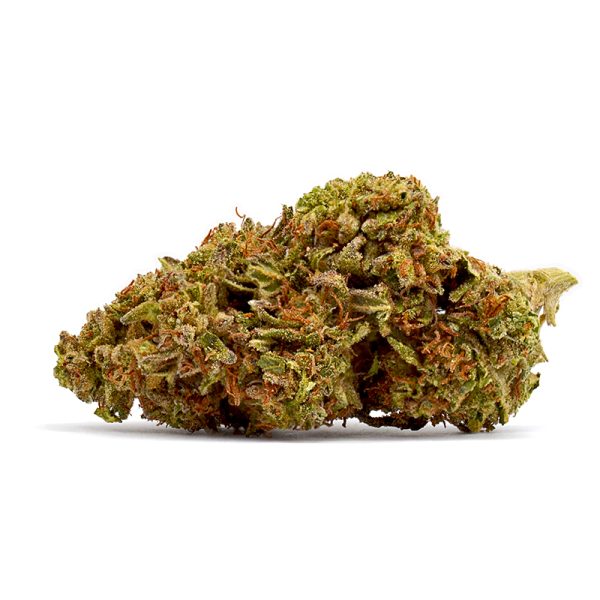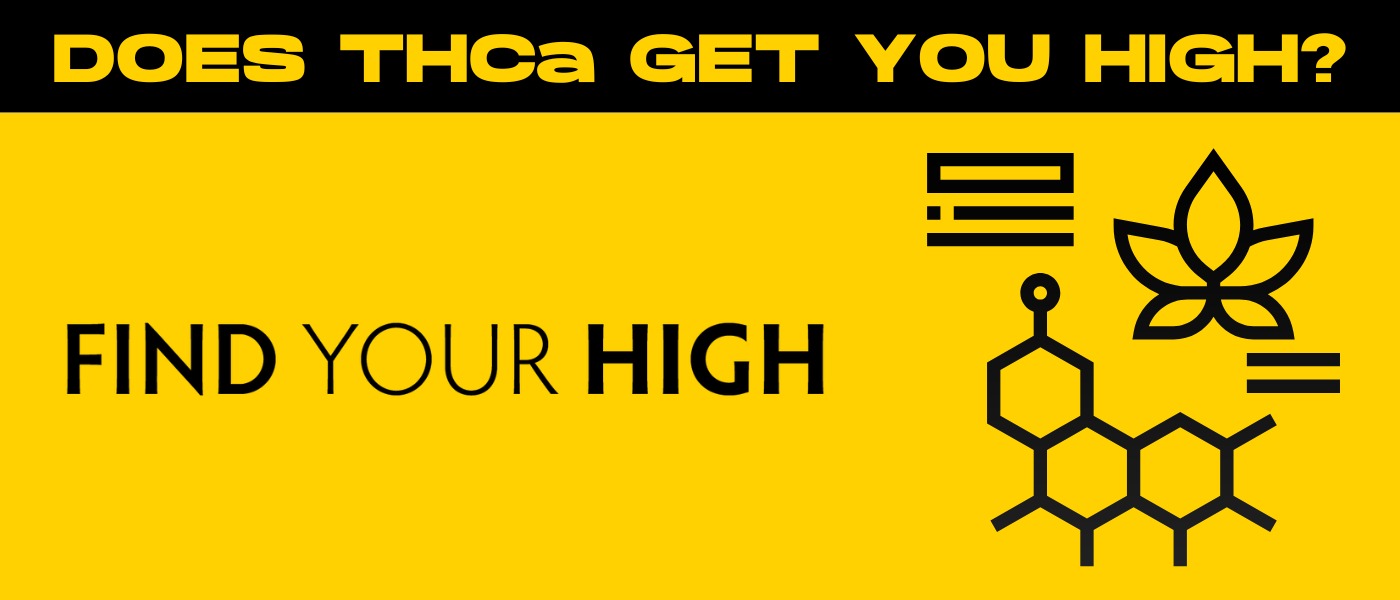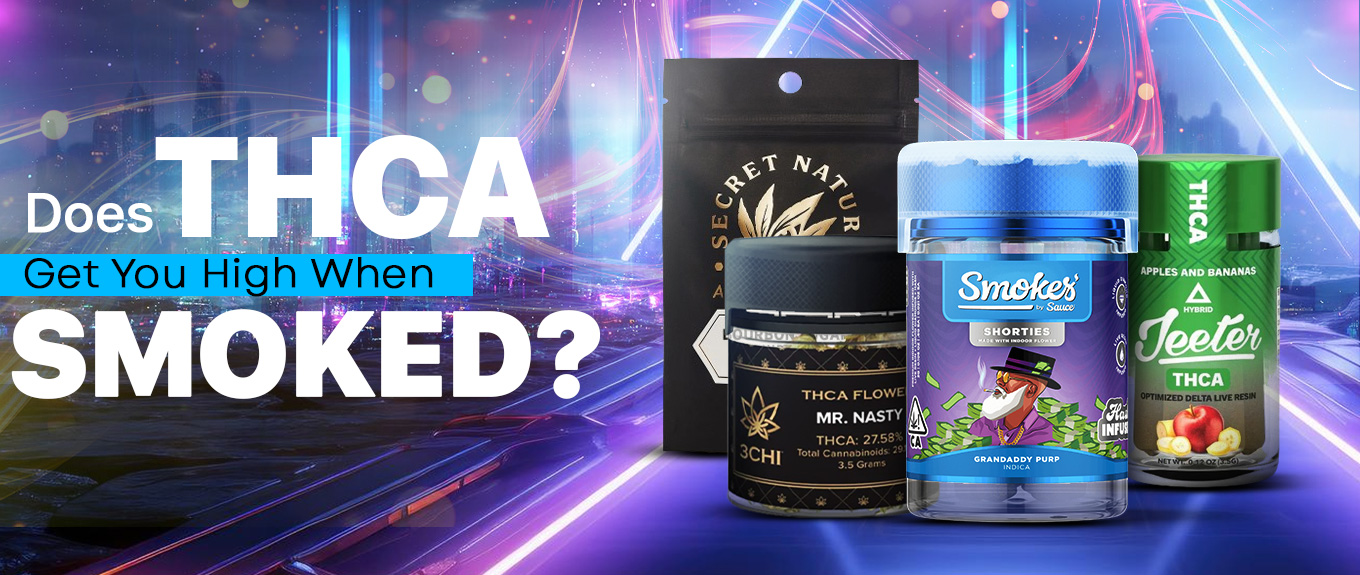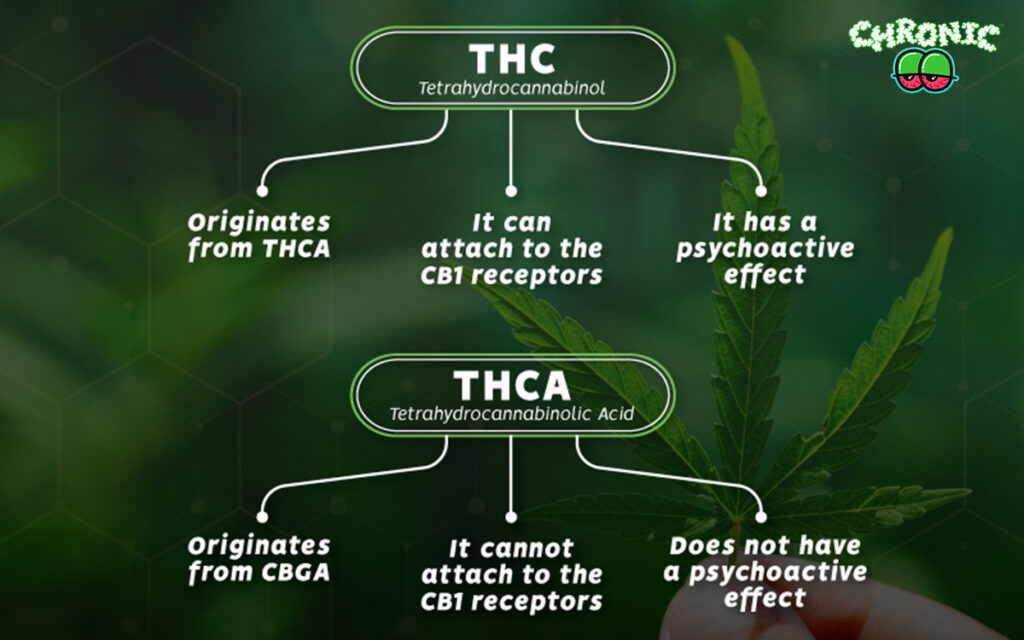Does Smoking Thca Make You High

The question on everyone's mind: Does smoking THCA get you high? Conflicting reports and evolving understanding are fueling confusion nationwide.
This article cuts through the noise to deliver a clear answer based on current scientific understanding and legal nuances, separating fact from fiction amidst the THCA boom.
What is THCA?
THCA, or Tetrahydrocannabinolic acid, is a non-psychoactive cannabinoid found in raw cannabis. It’s the precursor to THC, the compound responsible for the intoxicating effects of marijuana.
In its raw form, THCA doesn't bind well to the CB1 receptors in the brain, which are responsible for the "high" feeling.
Does Smoking THCA Cause Intoxication?
Here's the critical point: No, not directly. THCA itself isn't psychoactive.
However, smoking THCA introduces heat. This process, known as decarboxylation, converts THCA into THC.
When THCA is heated, it loses a carboxyl group (COOH) and transforms into the intoxicating THC, which then binds to the CB1 receptors in the brain, producing the psychoactive effects.
The Decarboxylation Factor
The degree of decarboxylation determines the level of intoxication.
Not all THCA will convert to THC when smoked; the efficiency depends on temperature and duration of heating. Some might get lost to combustion.
Factors affecting decarboxylation include the method of smoking, the temperature reached, and the duration of exposure to heat.
Legality and THCA
The legal landscape surrounding THCA is complex and varies greatly by jurisdiction.
In some areas, THCA is legal as long as the THC content remains below a certain threshold (often 0.3% on a dry weight basis). These are areas where it can be sold as "hemp."
However, if the act of smoking converts enough THCA to THC to exceed legal limits, users could face legal consequences, even if the raw product was technically legal.
Who is Using THCA?
Consumers seeking the therapeutic benefits of cannabis without the intense psychoactive effects initially found THCA appealing.
However, given decarboxylation upon smoking, it’s attracting users simply looking for a THC high, sometimes because of availability or legal loopholes.
The demographics are broadening as awareness spreads, encompassing both medical and recreational users.
Where is THCA Sold?
THCA products, including flower, concentrates, and edibles, are readily available in states with legalized cannabis markets, as well as those with hemp-derived product allowances.
Online vendors are also a significant source, shipping THCA products across state lines, though this practice is increasingly scrutinized.
Head shops, CBD stores, and even convenience stores are emerging as retail outlets, depending on local regulations.
When Did THCA Become Popular?
The surge in THCA's popularity is relatively recent, gaining momentum in the last few years as hemp-derived products have become more widespread.
Loopholes in legislation, coupled with sophisticated marketing, have fueled its rapid adoption.
The increasing attention to minor cannabinoids and their potential benefits has also contributed to THCA's rise.
How is THCA Consumed?
While smoking remains a common method, THCA is also consumed through vaping, dabbing, and even incorporated into edibles after undergoing decarboxylation.
Each method has varying decarboxylation efficiencies, influencing the resulting THC content and psychoactive effects.
Many consumers are also experimenting with cooking to convert THCA to THC, so they can use it in edibles.
Ongoing Developments and Next Steps
The legality of THCA remains under constant review. State and federal agencies are evaluating the potential consequences of its widespread availability and use.
Increased regulation, clarification of existing laws, and further scientific research are anticipated in the near future.
Consumers are advised to stay informed about local regulations and potential health risks associated with THCA consumption and decarboxylation.
